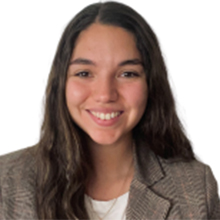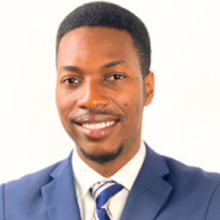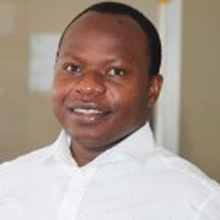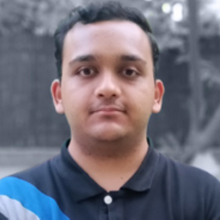 Robert S. McNamara Fellowships Program. | © World Bank
Robert S. McNamara Fellowships Program. | © World Bank
The Robert S. McNamara Fellowships Program offers aspiring development economics researchers from developing countries the opportunity to engage in rigorous, policy-focused research in the World Bank’s Development Economics Vice Presidency (DEC). Hosted in Washington, DC, from September to June each year, fellows work under the guidance of seasoned researchers in the World Bank’s Development Impact Group (DIME) and Development Research Group (DECRG).
This blog post highlights the experiences of four McNamara Fellows from the 2023 cohort. These fellows gained hands-on research experience by joining projects tackling forced displacement, obstacles to effective public service, efficient tax policy, and crime reduction—among many other challenges. They also participated in trainings, workshops, seminars, and mentorship at the World Bank, where they learned best practices and technical skills for reproducible research, built their professional networks, and reflected on the impact of their own future work, in academia and beyond.
In addition to hands-on experience, the fellowship offers many other learning opportunities. The World Bank has a rich culture of weekly seminars, regular conferences, policy discussions, and brown bag lunches. The sheer variety in both event type and topic area ensures that there is always something new to learn. These events are supplemented by workshops and courses—such as Reproducible Research Fundamentals, which taught me how to write comprehensible code that is easily reproducible—and the opportunity to connect with active DEC researchers, which allowed us to draw upon their experiences in diverse areas. The fellowship blends exposure to academic research with the policy-centric focus of the World Bank, which makes for a nigh unique mixture that has something to offer to anybody with an interest in economics or public policy, whether in academia or elsewhere.
Original fellow blog submissions have been edited for publication. Applications for the next cohort of fellows will open in February 2025, and application details will be available at the Robert S. McNamara Fellowships website.
The full versions of their reflections are available here.






Join the Conversation